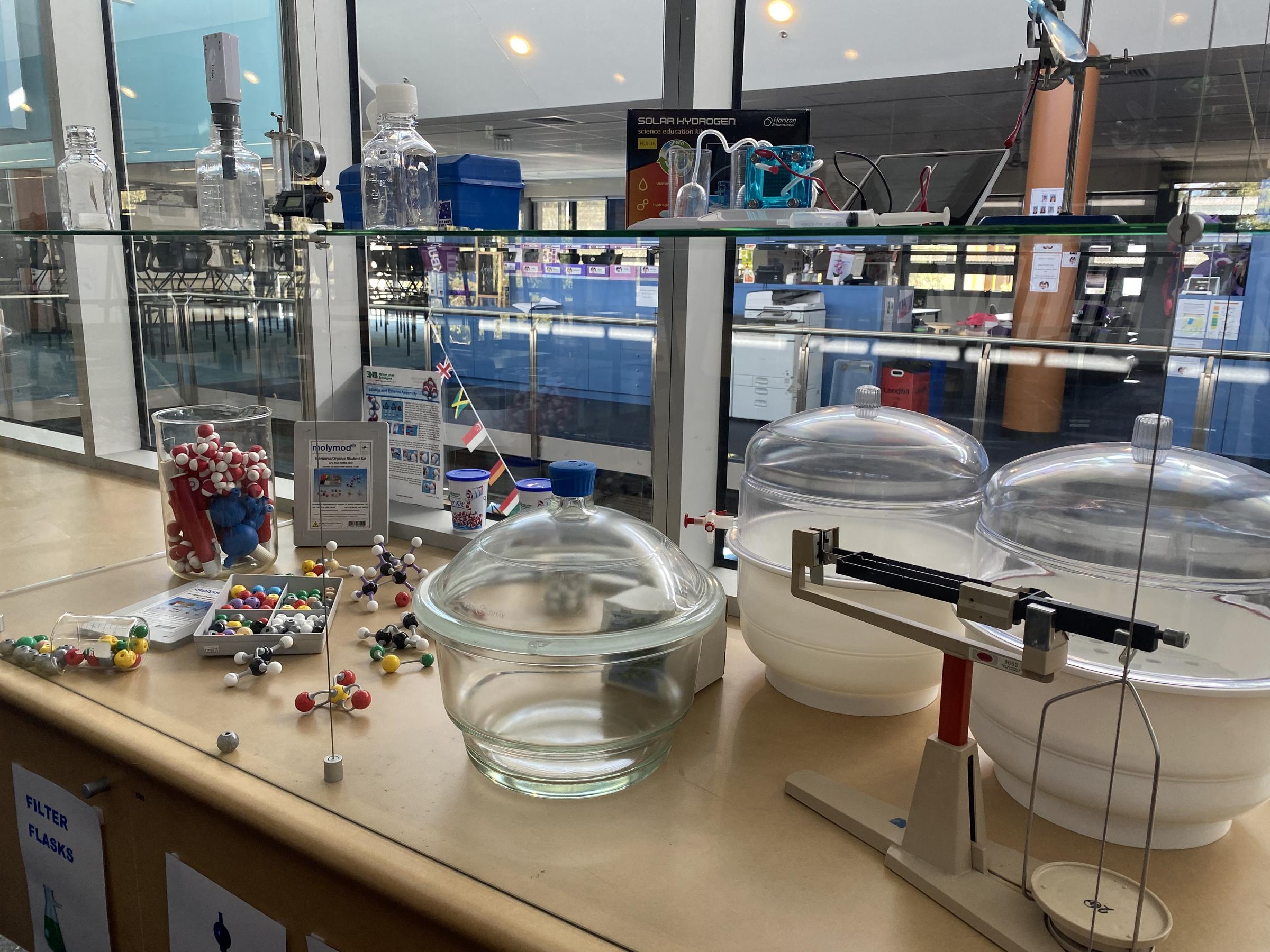More articles of interest

Pandemic Drives Boom in 'Air Button' Technologies
Financial Times
Siddarth Venkataramakrishnan
July 26, 2020
The coronavirus pandemic is fueling an explosion in air button technologies, which allow users to operate devices without physical contact. One example is automaker Jaguar Land Rover, which is testing a "predictive touch" contactless movement-tracking system for its dashboard control panel, developed with the U.K.'s University of Cambridge. The system tracks and combines users' hand movements with data like eye movement to interpret which option users wish to select. Other companies are deploying "mid-air haptics" designed to mimic tactile sensation via ultrasound radiation. Through a deal with the U.S.-based CEN media group, mid-air haptics company UltraLeap's hand-tracking and ultrasonic technology will be installed atop existing advertising display and digital poster systems to allow customers to interact with media on screens without touching them.
AI Model Developed to Identify Individual Birds Without Tagging
The Guardian (U.K.)
Patrick Barkham
July 27, 2020
Researchers from France's Center for Functional and Evolutionary Ecology (CEFE-CNRS), Germany's Max Planck Institute of Animal Behavior, and institutes in Portugal and South Africa have developed an artificial intelligence (AI) model for identifying individual birds without tagging. The investigators used AI models developed to recognize individual birds from a photo of their backs while they were building nests. They built feeders with camera traps and sensors, which drew birds that already had tags, while antennae read their identity from the tags and activated the cameras. The AI models were trained on the images; when tested with images of individuals in different contexts, the models were over 90% accurate in identifying wild great tits and sociable weavers, and 87% for captive zebra finches. Said CEFE-CNRS' Andre Ferreira, "It removes the need for the human to be a data collector so researchers can spend more time thinking about the questions instead of collecting the data."
Frances E. Allen, First Female Recipient of ACM A.M. Turing Award, Dies at 88
IBM Research Blog
August 5, 2020
Frances Allen, the first female IBM Fellow and the first woman to be awarded the ACM A.M. Turing Award, has died at 88. A pioneer in compiler organization and optimization algorithms, Allen’s achievements in inter-procedural analysis and automatic parallelization continue to straddle the leading edge of compiler research. She served as IBM’s language liaison with the U.S. National Security Agency, helping to design and construct the high-level Alpha code-breaking language, which could generate new alphabets beyond system-defined alphabets. Allen designed and built the machine-independent, language-independent optimizing component of the Experimental Compiler for IBM's Advanced Computing System. An ACM Fellow, Allen also was a fellow of IEEE and of the Computer History Museum, was inducted into the Women In Technology International Hall of Fame, and received the Augusta Ada Lovelace Award from the Association for Women in Computing.
3D-Printed Tiles Helping Restore Devastated Coral Reefs
Fast Company
Lilly Smith
August 3, 2020
Marine scientists and architects from the University of Hong Kong's Swire Institute of Marine Science and its Robotic Fabrication Laboratory created three-dimensionally (3D)-printed terra-cotta tiles to function as artificial coral reefs, in order to help restore devastated coral colonies. Coral presence has declined in Hong Kong in recent years, according Hong Kong-based environmental group Green Power. Manmade or artificial reefs can help restore coral populations by recreating an environment amenable to their growth. The terra-cotta tiles were seeded with coral fragments and placed across three sites in Hong Kong's Hoi Ha Wan Marine Park, where coral growth will be monitored for the next two years.


